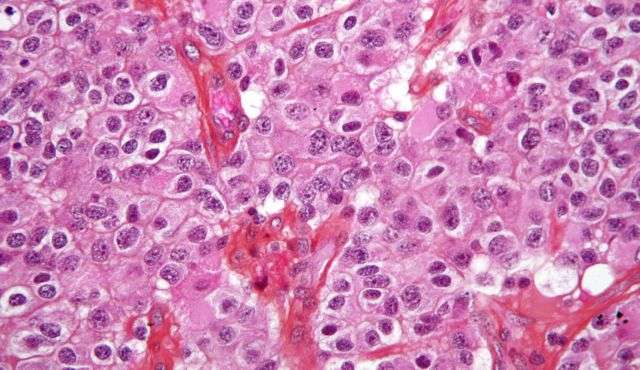NASA Challenges Public to Help With Space Exploration
On Saturday and Sunday, volunteers will be hard at work in a marathon session of computer coding, engineering and general brainstorming as part of the annual International Space Apps Challenge.

Israeli researchers have discovered that a "Jekyll and Hyde" protein, long linked to causing cancer, may also be able to stop the disease from spreading in the body.
The protein, p50, has been linked in studies to several different kinds of cancers, but scientists have now found that in high concentrations, p50 actually has the opposite effect — it dramatically slows the growth of cancerous cells.
"The p50 protein is quite reminiscent of Dr. Jekyll and Mr. Hyde," said Prof. Aaron Ciechanover, who won the 2004 Nobel prize in chemistry.
He says before it can cause cancer, p50 has to hook up with another protein, p65.
"We found that when there is an over-expression of the protein p50, it has nothing to hook up to, and it thus hooks up to itself," Ciechanover said
When that happens, Ciechanover said, the protein "changes its spots" and starts suppressing the growth of cancerous cells.
"In this study, it does this by producing other proteins that are known cancer suppressors." Ciechanover told Haaretz.
The new research was done at Ciechanover's lab at the Technion — Israel Institute of Technology, led by Dr. Yelena Kravtsova-Ivantsiv, and published in the journal Cell.
The research also found that another protein, KPC1, showed promise in suppressing the growth of cancer cells. KPC1 is also involved in producing p50 in the body.
Be the first to comment